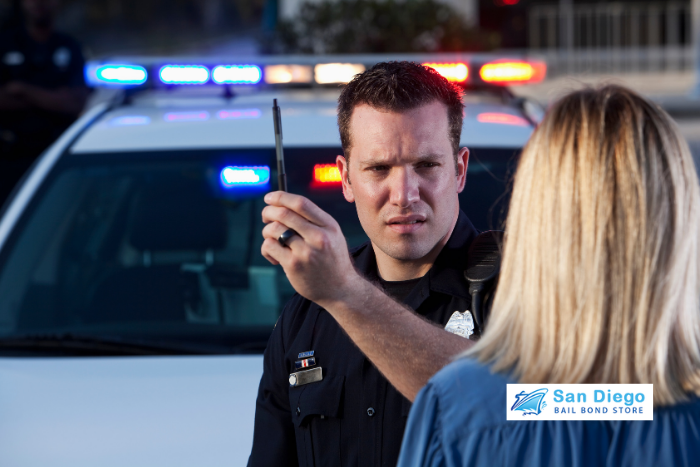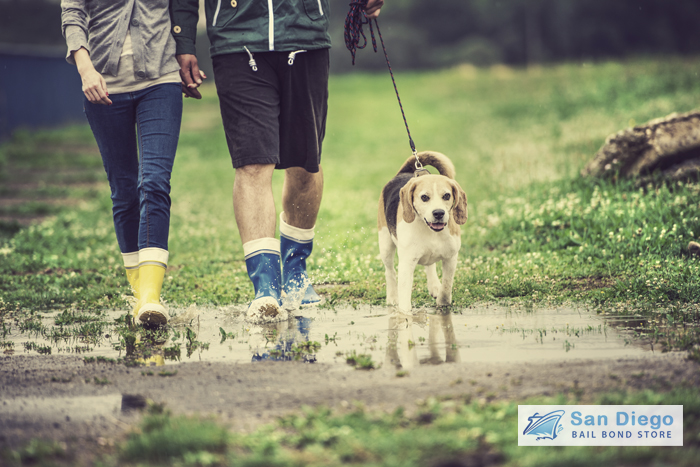21 Apr Laws Every Californian Should Know About
Posted at 22:11h
in Bail Bonds in Chula Vista, Bail Bonds in National City, Bail Bonds in Oceanside, Bail Bonds in San Diego, Bail Bonds in San Marcos, Bail Bonds in Vista
0 Comments
If you call California home, there are a few laws you should familiarize yourself with to avoid finding yourself on the wrong side of the law.DUI Threshold Laws
Everyone knows that getting arrested for DUI is a serious, life-altering problem. The problem is that few people know what when they have crossed over the threshold from legally able to drive and become too drunk to drive.It doesn’t matter if you are the kind of person who gets buzzed after a few sips or someone who really can hold their liquor. If you’re pulled over and your blood alcohol level is 0.08% or higher, you will be charged with a DUI.Data Privacy Laws in California
One of the great things about calling California home is knowing that you have a legal right to know exactly what type of data businesses collect about you and what they’re using it for. The California Consumer Privacy Act went into effect on January 1, 2020.The California Consumer Privacy Act is written in such a way that you:- Can delete personal data a business has collected
- Block the sale of personal data
- Have the ability to learn exactly what data is collected/sold/shared/etc.






